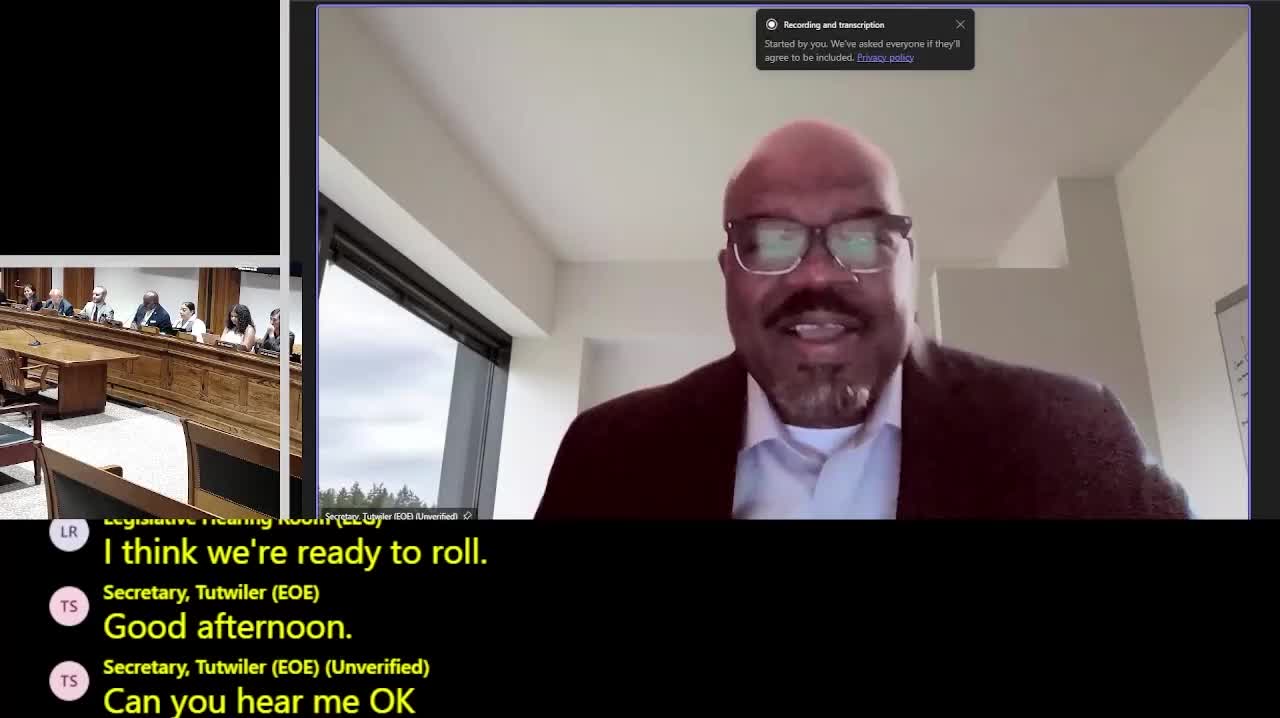Article not found
This article is no longer available. But don't worry—we've gathered other articles that discuss the same topic.
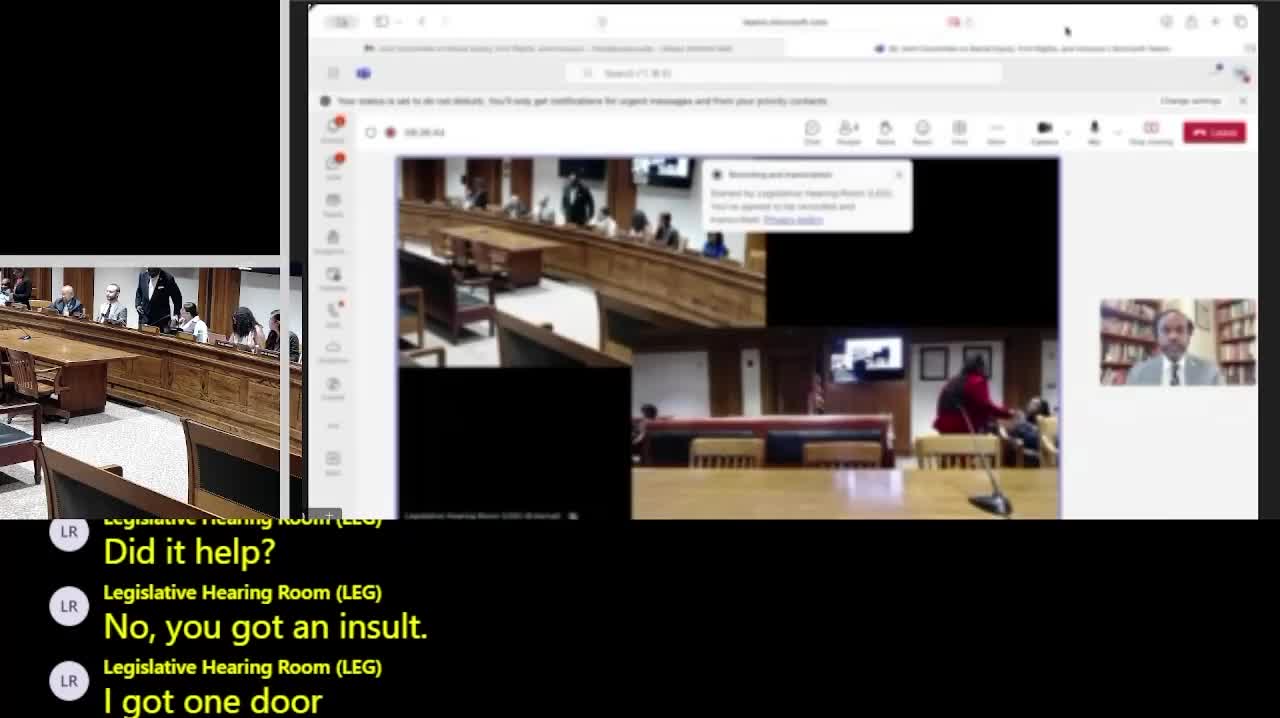
UMass poll: awareness of DEI has risen; majority in Massachusetts oppose ending state DEI policies
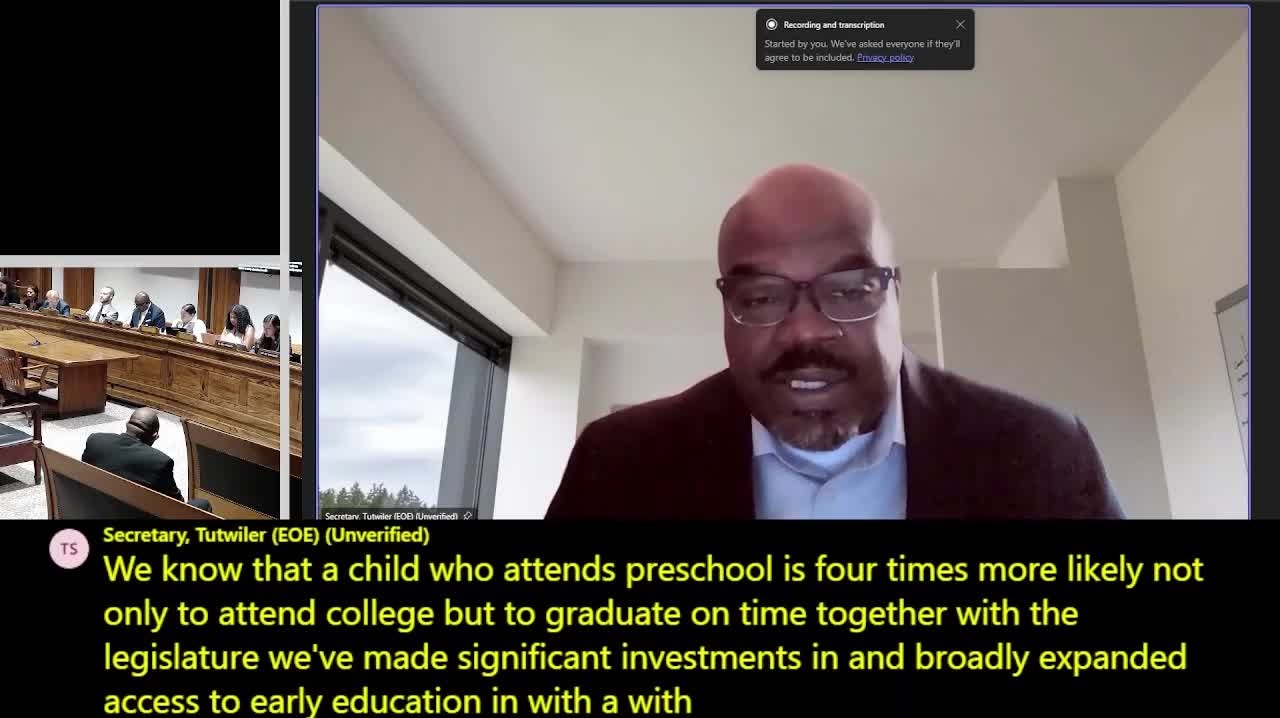
Women’s commission and veterans’ advocates warn DEI backlash worsens childcare, Head Start and veteran services
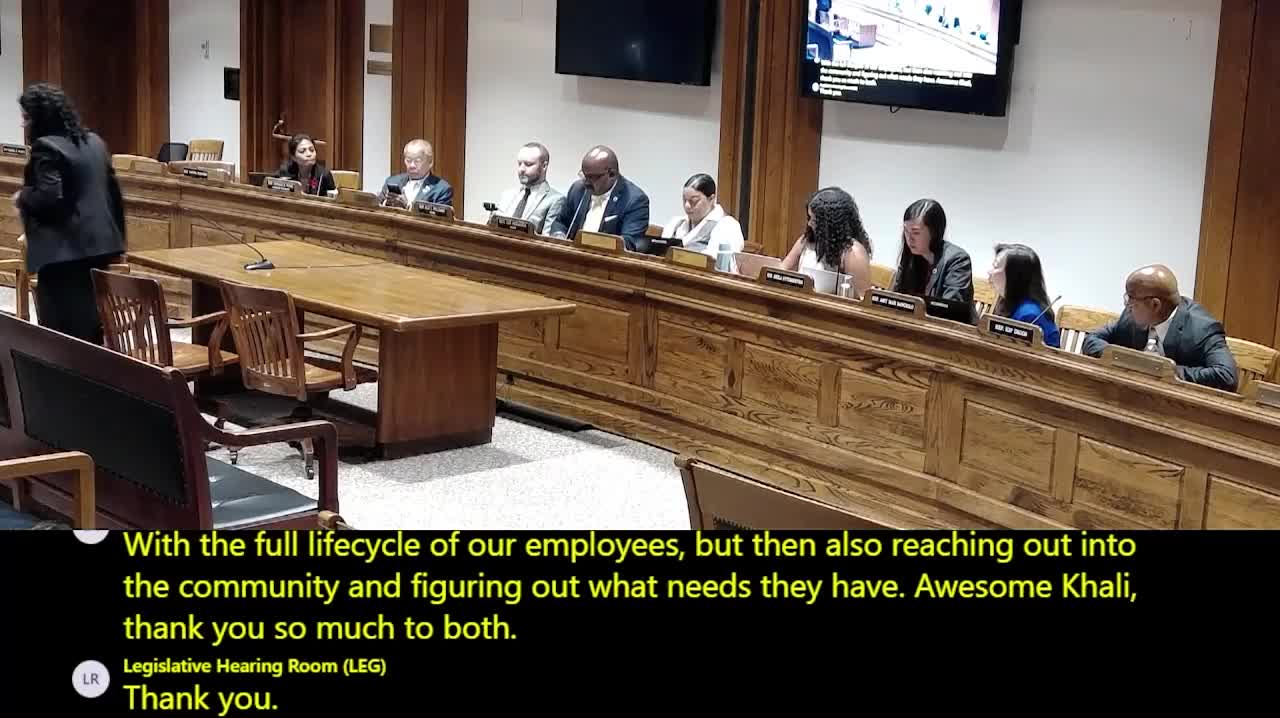
LGBTQ advocates report increased threats to youth services and elder housing amid federal DEI backlash
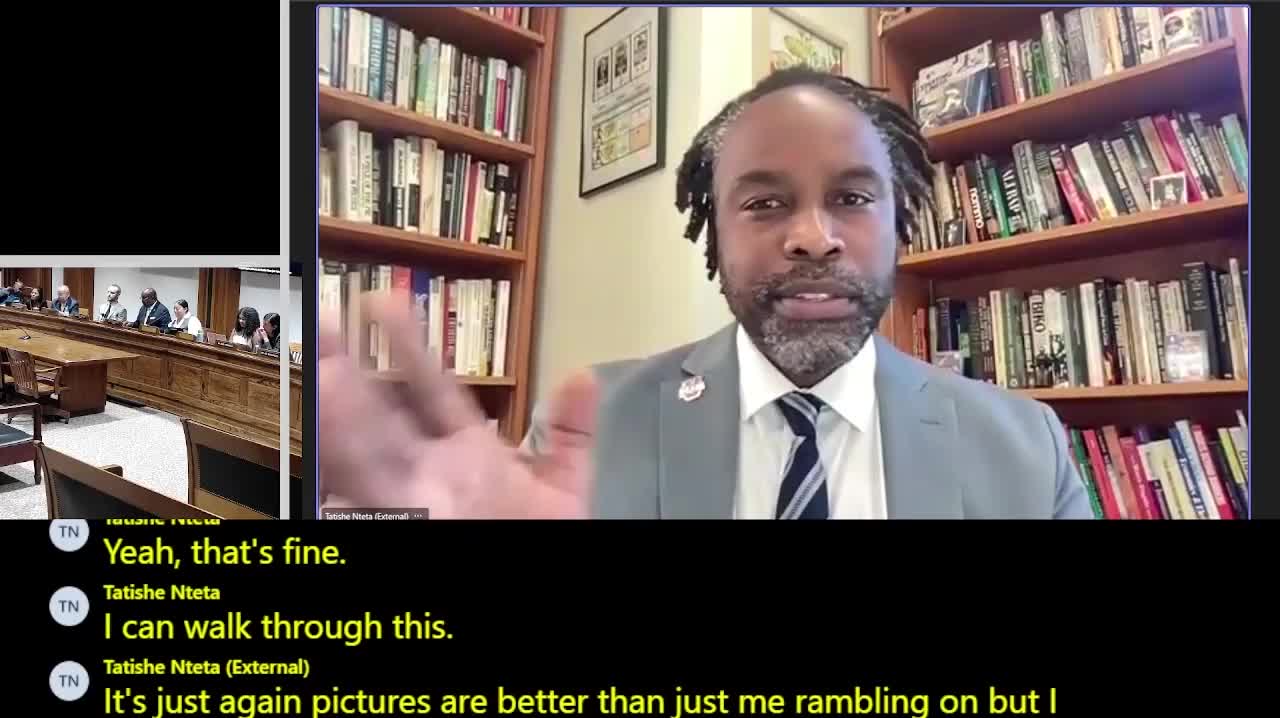
Massachusetts funders and nonprofits scramble after federal attacks on DEI programs
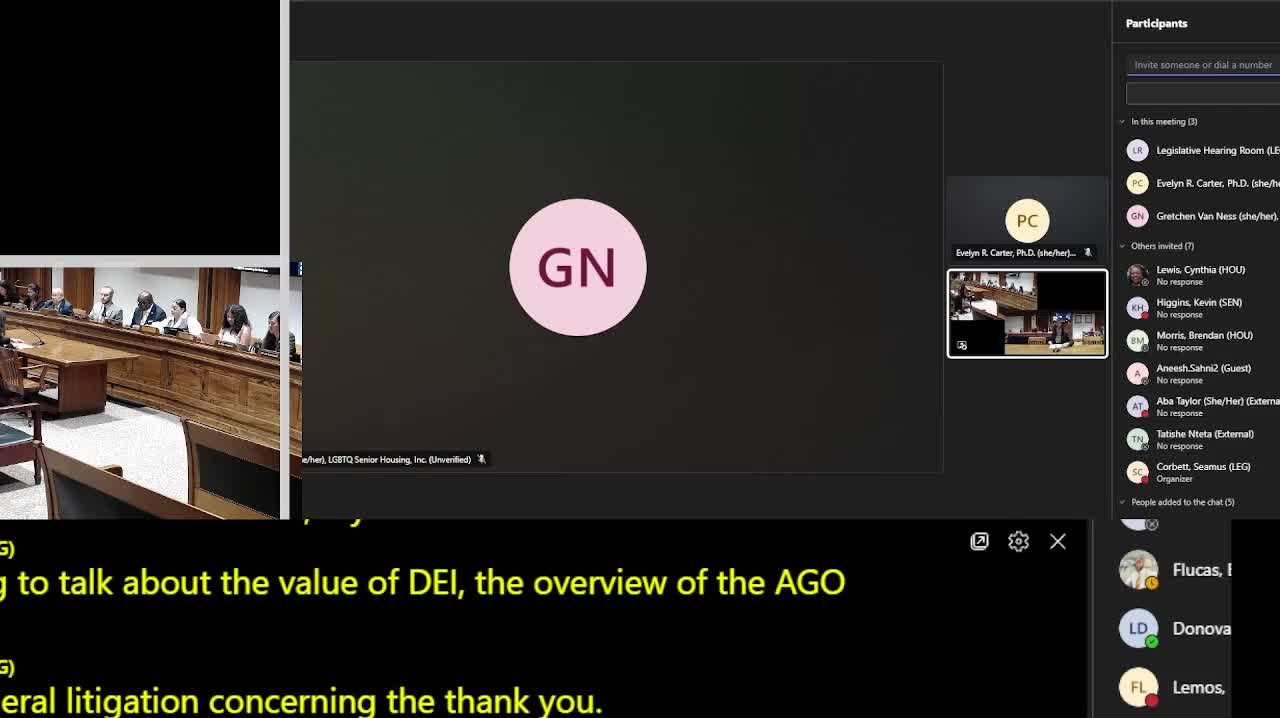
Mass. attorney general’s civil‑rights office says DEI legal protections remain, lists litigation wins
